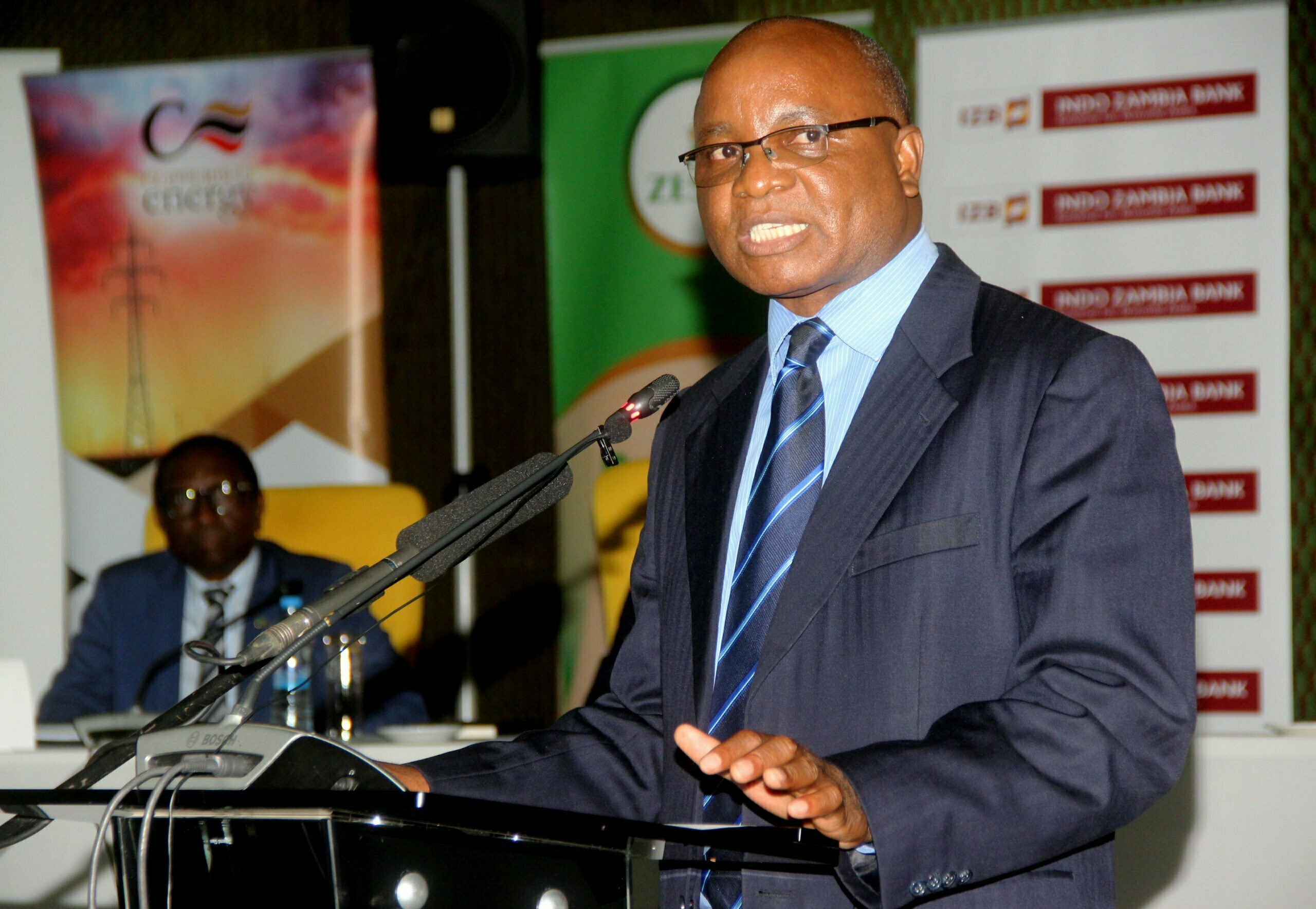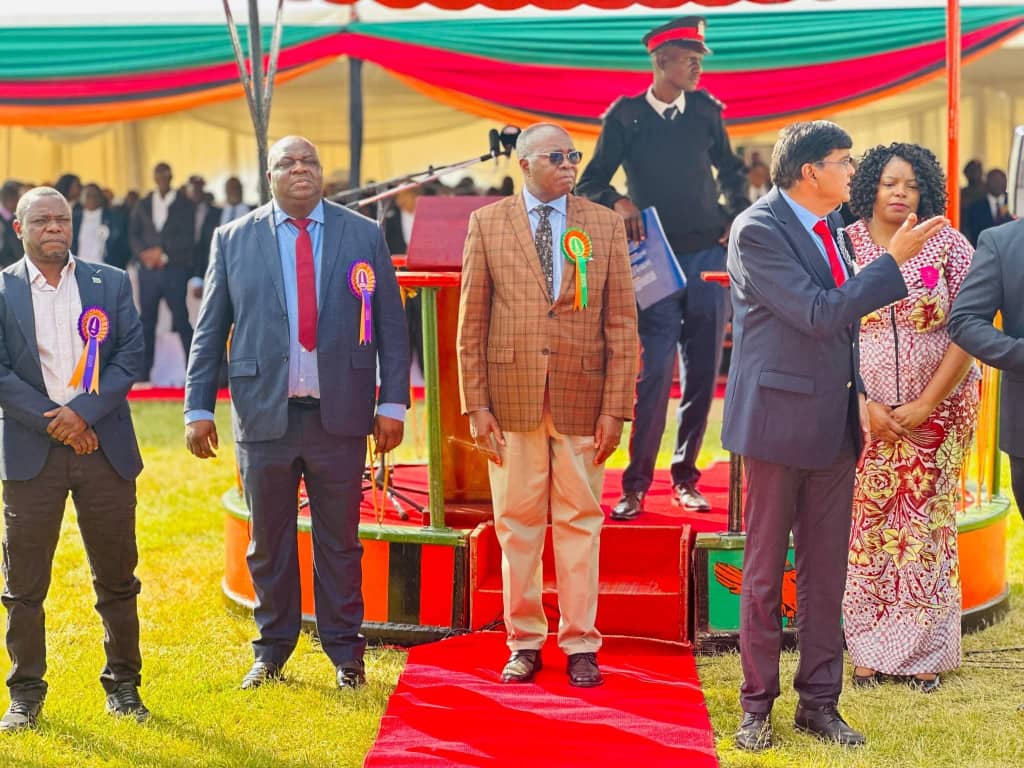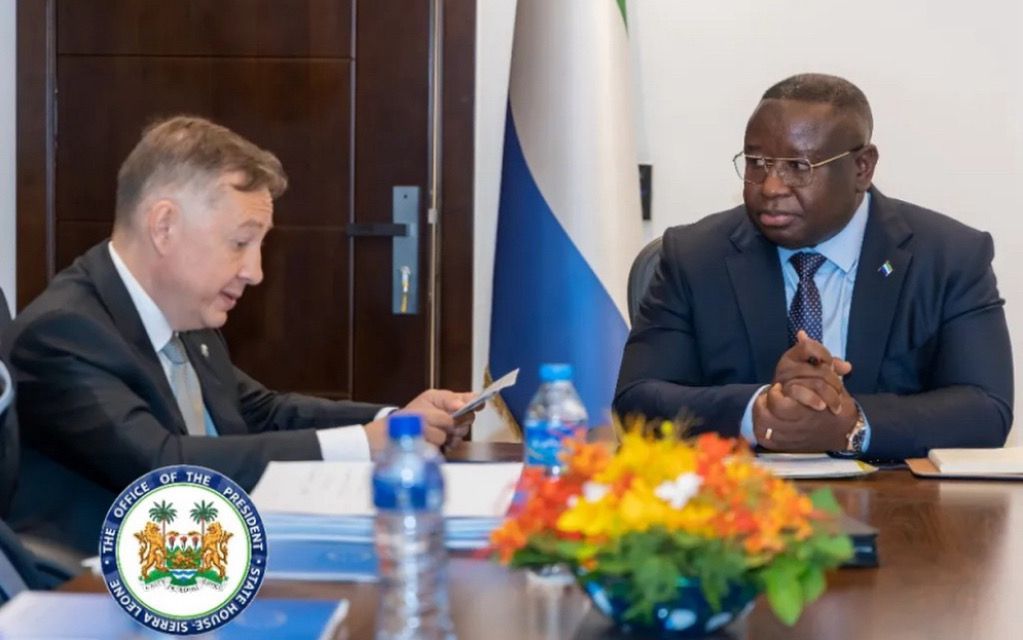‘THE 2023 National Budget has reset the parameter for macroeconomic stability and the economy on a “Zambia Forward’ agenda, Secretary to the Treasury Felix Nkulukusa has said.
Meanwhile, Zambia Revenue Authority Commissioner General Dingani Banda has announced a Tax Amnesty Programme which would run from October 1, 2022 to March 31, 2023 to accord taxpayers an opportunity to normalise their tax records and ensure that they were tax compliant.
And Bank of Zambia Governor Denny Kalyalya says he is happy that the Government is implementing the Central bank’s recommendations on efficiently managing the economy through a reduced appetite for borrowing and inefficient expenditures.
Speaking during a Ministry of Finance and National Planning 2023 budget symposium held in Lusaka yesterday, Mr Nkulukusa said the budget spoke to the United Party for National Development manifesto which highlighted a number of national development aspirations for the country.
“The manifesto speaks to an era of good governance and prudent economic management which will lead to the firm implementation of credible policies to lower the fiscal deficit, restore market confidence, bring stability to the economy, enable a speedy recovery in growth and ensure debt management and sustainability. Indeed the economy has been reset and the 2023 budget sets the tone for the Zambia forward agenda,” Mr Nkulukusa said.
He said the budget was also aligned to the Eighth National Development Plan as it spoke to reducing spending on inefficient investment, regressive fuel subsidies and reforming agriculture subsidies.
Mr Nkulukusa said through inefficient expenditure, the country unfortunately raised the debt contraction portfolio from 20.8 per cent of the Gross Domestic Product (GDP) in 2011 to 118.6 per cent of the GDP in 2021, the highest recorded in Sub-Saharan Africa over the period.
“The effect of this was weak economic growth, a weak exchange rate and rising inflation. This in turn led to a diminishing fiscal space which affected resource allocation to the priority sectors causing an unstable macroeconomic environment,” Mr Nkulukusa said.
Finance and National Planning Minister Situmbeko Musokotwane said the budget was in tandem with the ongoing external debt restructuring programme for which plans to sign a Memorandum of Understanding with the creditors had gained momentum.
“We are in the preparatory stages of that process and very soon we will begin to move,” Dr Musokotwane said.
Separately, ZRA Commissioner General, Mr Banda said it was the authority’s expectation that the tax amnesty would support the raising of domestic revenues through policy changes and improvements in tax administration.
He said this would help enhance the contribution of domestic revenues towards the budget’s implementation.
Dr Kalyalya said the Bank would continue using its forward-looking framework, anchored on the policy rate as a key signal for maintaining a predictable monetary policy stance.
He said the country was on course with attaining a single-digit inflation rate within the margins of six to eight per cent, maintaining a flexible exchange rate regime and keeping international reserves at above three months of import cover.








